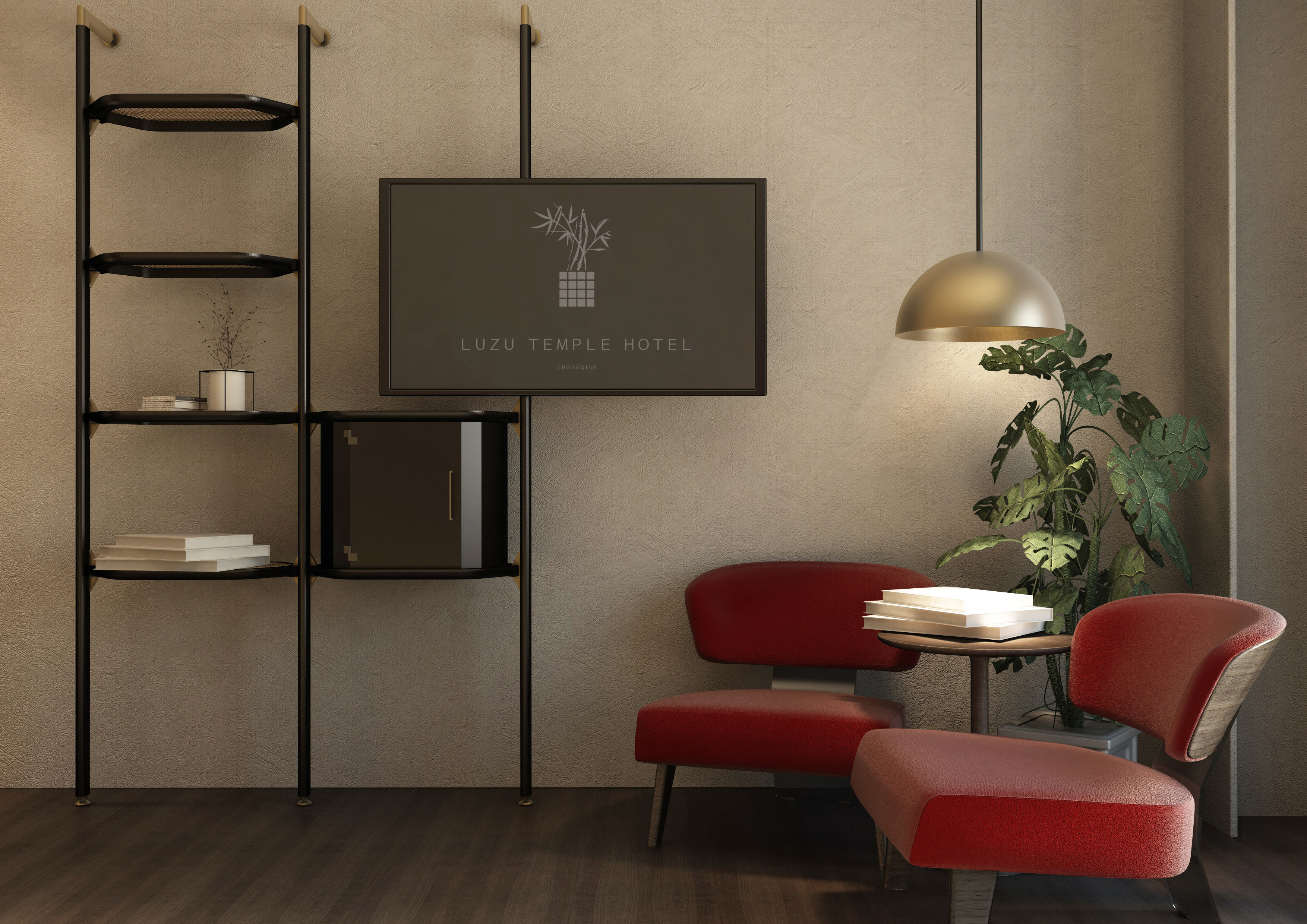
IN SEARCH OF BALANCE BETWEEN HOME AND WORK
ENGLISH VERSION BELOW / LA VERSIONE IN INGLESE IN SEGUITO
Aldo Cingolani riflette sul bisogno di trovare nuovi equilibri tra casa e lavoro e sulla conseguente necessità di modifica della proposta del mercato immobiliare e dell'offerta alberghiera
Aldo Cingolani reflects on the need to find new balance between home and work and the consequent modification of the real estate market proposal and the hotel offer
di Olga Bocharova
Architetto Cingolani, in che modo, secondo Lei, il Covid-19 ha modificato la percezione emotiva e funzionale degli spazi domestici?
Il lavoro da casa sta cambiando il modo di concepire gli ambienti domestici che si sono improvvisamente trovati al centro delle turbolenze e dei problemi legati puramente alle attività professionali. La nuova routine porta inevitabilmente a una combinazione di impegni personali e lavorativi sbilanciata e così temuta dagli psicologi, per cui lo spazio di casa, nato per essere un “rifugio” da preoccupazioni esterne, si trasforma in un luogo privo di privacy ed esposto a una maggiore tensione. La soluzione a questo cambiamento starebbe nella trasformazione dell'offerta del settore alberghiero e del mercato immobiliare.
Il nuovo stile di vita - che si protrarrà fino a data da destinarsi - ha ridotto la necessità di frequentare i grandi centri urbani. Avendo l’opportunità di rinunciare alla frenesia delle città, sempre più persone si stanno spostando verso i luoghi di campagna adiacenti o addirittura nelle altre regioni: solo Milano negli ultimi quattro mesi ha perso 12.000 residenti.
Il cambiamento però non si limita allo spostamento: vengono preferite le case più grandi, possibilmente comprendenti gli spazi esterni come giardini privati o terrazze, che predispongono gli ambienti riservati alle necessità di lavoro e consentono una vivibilità esterna nonché il rispetto per la propria privacy.
Non bisogna dimenticare che l’abitazione dovrebbe favorire il benessere fisico e psicologico attraverso la predisposizione funzionale degli spazi, l’utilizzo dei sistemi smart e dei materiali naturali. Perché il vero lusso risiede nelle piccole cose usate quotidianamente, nel comfort che accompagna le nostre abitudini, nel piacere di interagire con gli oggetti che troviamo belli e comodi.
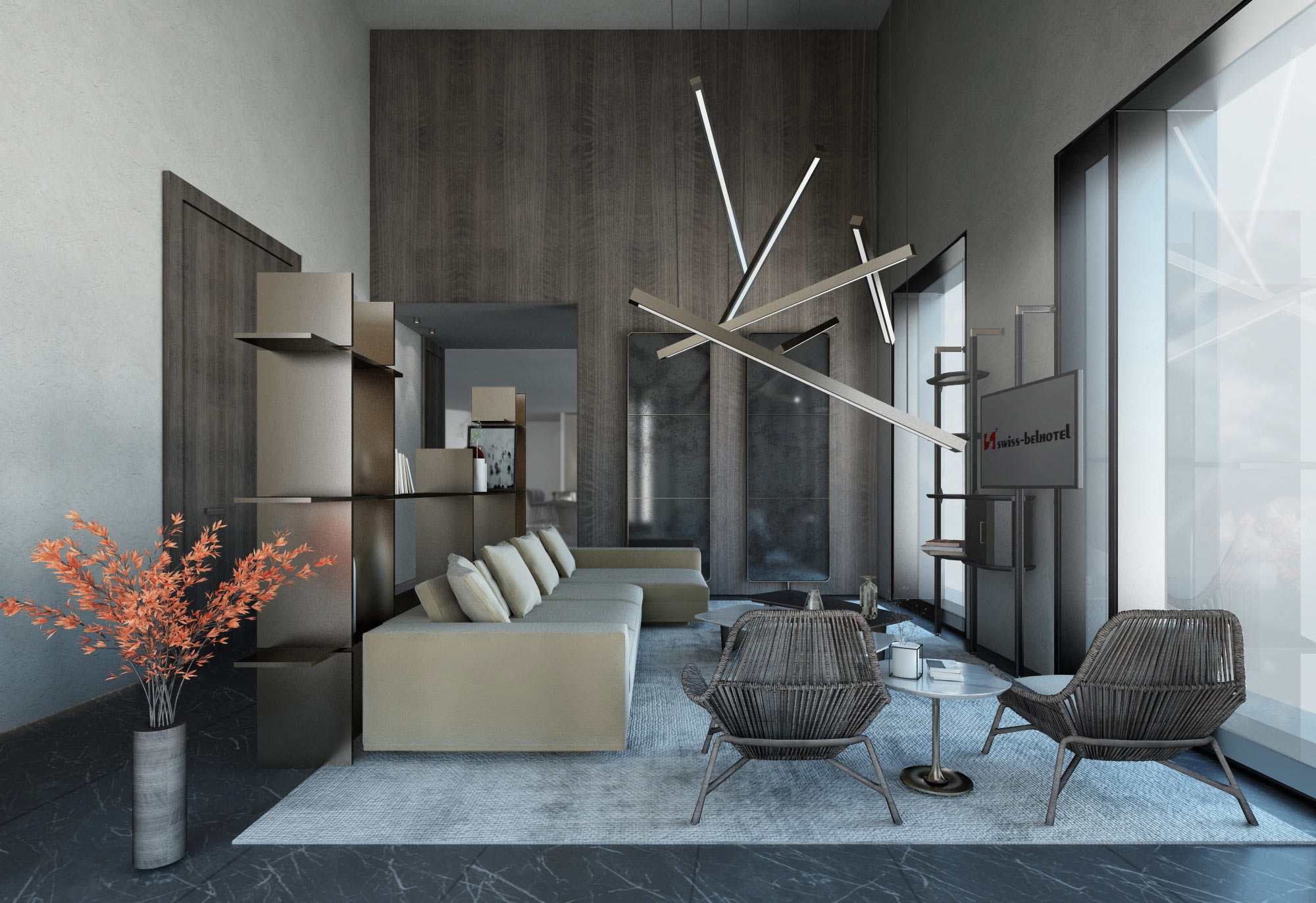
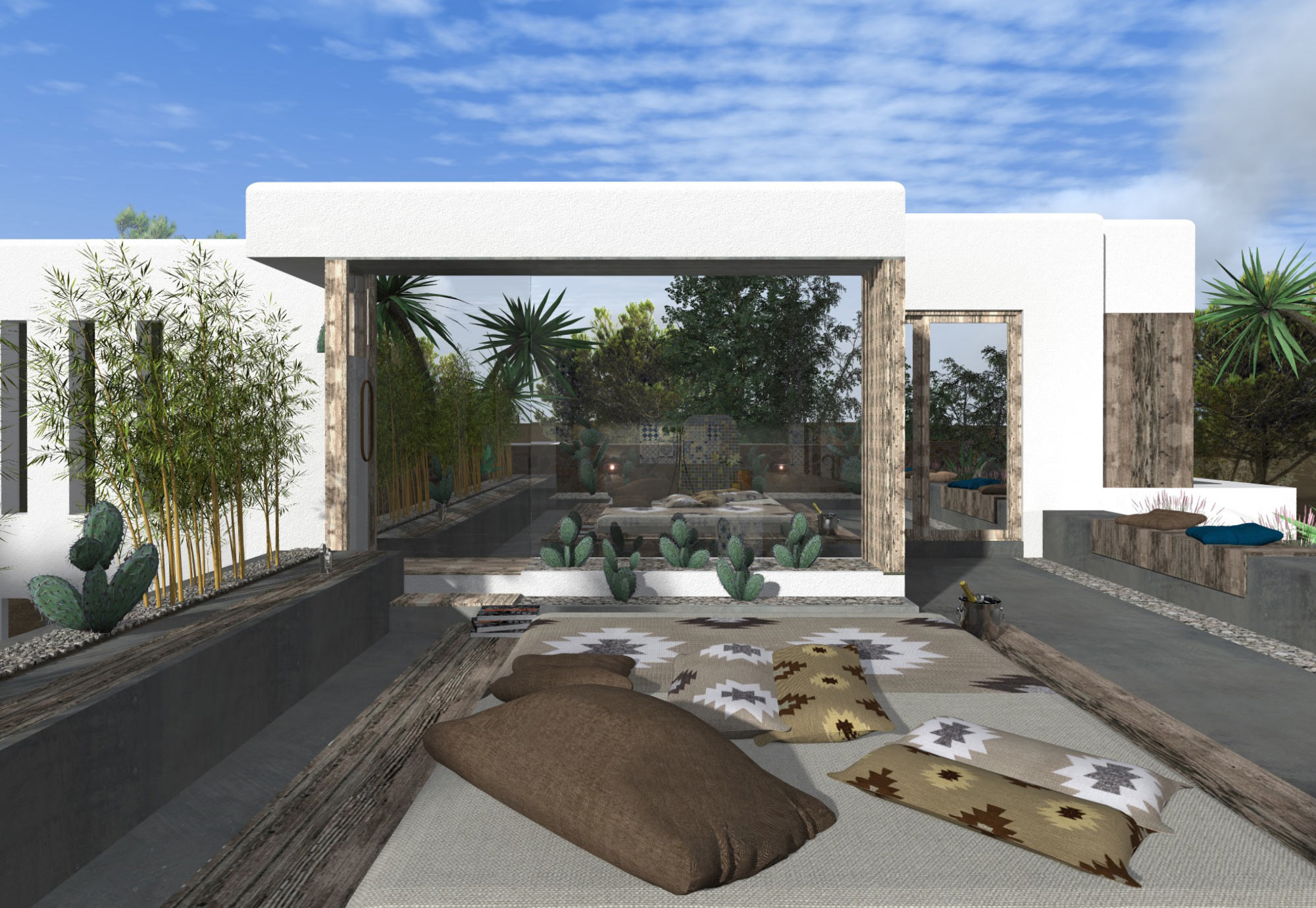
Non bisogna dimenticare che l’abitazione dovrebbe favorire il benessere fisico e psicologico attraverso la predisposizione funzionale degli spazi, l’utilizzo dei sistemi smart e dei materiali naturali. Perché il vero lusso risiede nelle piccole cose usate quotidianamente, nel comfort che accompagna le nostre abitudini, nel piacere di interagire con gli oggetti che troviamo belli e comodi.
In che termini questa crisi modificherà la cultura dell’accoglienza e i suoi ceremoniali? In particolare, è possibile che gli operatori del settore alberghiero siano costretti ad esplorare soluzioni alternative a Leisure e Business?
Quelli che per vari motivi non possono lasciare le città cercano delle soluzioni alternative. In effetti, la realtà che stiamo vivendo apre le porte a una logica dell’hospitality un po’ differente rispetto a prima. L’offerta alberghiera che fino all’inizio di quest’anno era esclusivamente divisa fra affari e svago, probabilmente sarà ripensata da parte dei gestori: co-working nelle aree comuni, stanze adibite ad uffici, servizi di relax a disposizione anche dei visitatori.
Già oggi diverse strutture in tutto il mondo propongono le loro camere ad uso ufficio, con delle possibilità di usufruire dei servizi generalmente offerti per gli ospiti. Le persone che non possono più accedere al tradizionale luogo di lavoro o non si sentono al sicuro nel farlo hanno bisogno di un posto tranquillo e pulito dove lavorare senza distrazioni, e gli hotel i cui tassi di occupazione sono crollati quando la pandemia di coronavirus ha colpito il mondo hanno bisogno di generare entrate.
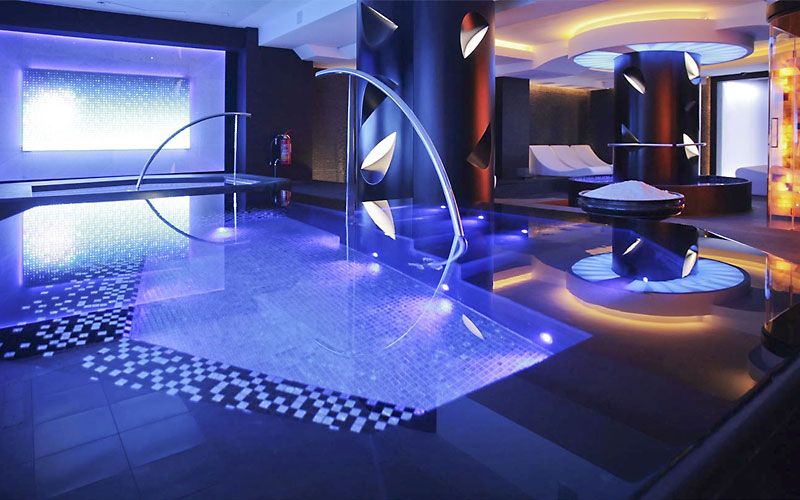
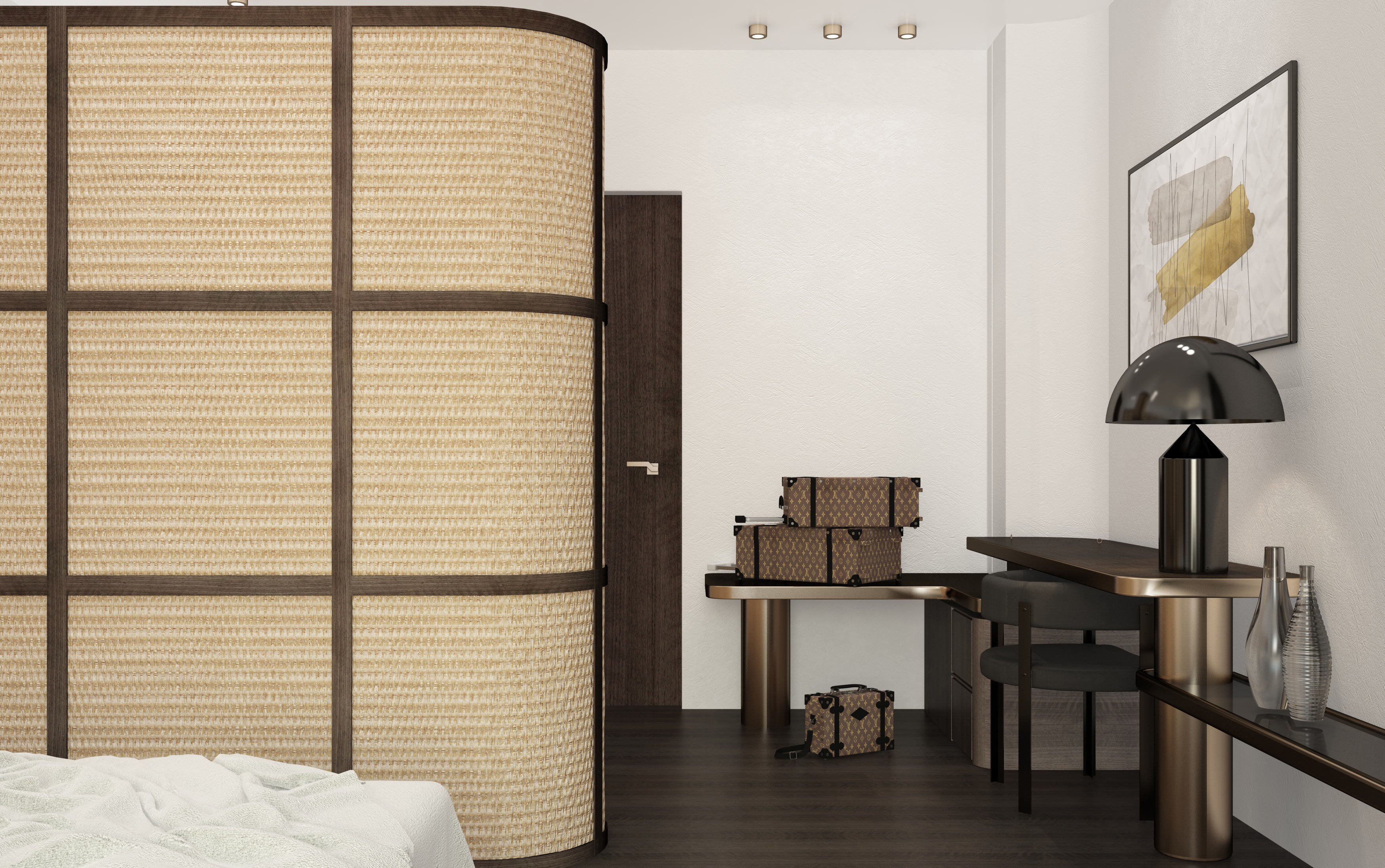
Che opinione si è fatto sullo smart working e quale potrà essere una dialettica virtuosa fra casa e ufficio?
L’interazione e lo scambio di pareri e idee tra i membri dell'equipe sono essenziali per il processo lavorativo e vengono ovviamente avvantaggiati dalla presenza fisica. Cionondimeno, lo smart working può rivelarsi utile e addirittura migliore rispetto al lavoro in ufficio nel momento di elaborazione e strutturalizzazione degli input ricevuti.
In questo contesto lavorativo, la trasformazione del mercato immobiliare e della proposta alberghiera può favorire il ritrovo dell’equilibrio tra il lavoro e la casa.
Architect Cingolani, in what way, in your opinion, has Covid-19 changed the emotional and functional perception of domestic spaces?
Working from home is changing the way of conceiving domestic environments which have suddenly found themselves at the center of turbulences and problems related purely to professional activities. The new routine inevitably leads to an unbalanced combination of personal and work commitments, so feared by psychologists, for which the home space, born to be a "refuge" from external concerns, is transformed into a place devoid of privacy and exposed to a higher tension.
The solution to this change would lie in the transformation of the offer of the hotel sector and the real estate market.
The new lifestyle - which will continue until a later date - has reduced the need to frequent large urban centers. Having the opportunity to give up the hustle and bustle of the cities, more and more people are moving to adjacent countryside locations or even to other regions: just Milan has lost 12,000 residents the last four months.
The change, however, is not limited to moving: larger houses are preferred, possibly including outdoor spaces such as private gardens or terraces, the spaces reserved for work needs in order to allow outdoor livability as well as respect for one's privacy.
It should not be forgotten that the home should promote physical and psychological well-being through the functional space division, the use of smart systems and natural materials. Because true luxury lies in the little things used daily, in the comfort that accompanies our habits, in the pleasure of interacting with the objects that we find beautiful and comfortable.
In what terms will this crisis change the culture of hospitality and its ceremonials? In particular, is it possible that operators in the hotel sector are forced to explore alternative solutions to Leisure and Business?
Those who for various reasons cannot leave the cities are looking for alternative solutions. In fact, the reality we are experiencing opens the doors to a somewhat different logic of hospitality. The hotel offer, which until the beginning of this year was exclusively divided between business and leisure, will probably be rethought by the managers: co-working in the common areas, rooms used as offices, relaxation services also available to visitors.
Already today various structures around the world offer their rooms for office use, with the possibility of benefit the services generally offered for guests. People who can no longer access the traditional workplace or feel safe doing so need a quiet, clean place to work without distractions; hotels, whose occupancy rates plummeted when the coronavirus pandemic hit the world, need to generate revenue.
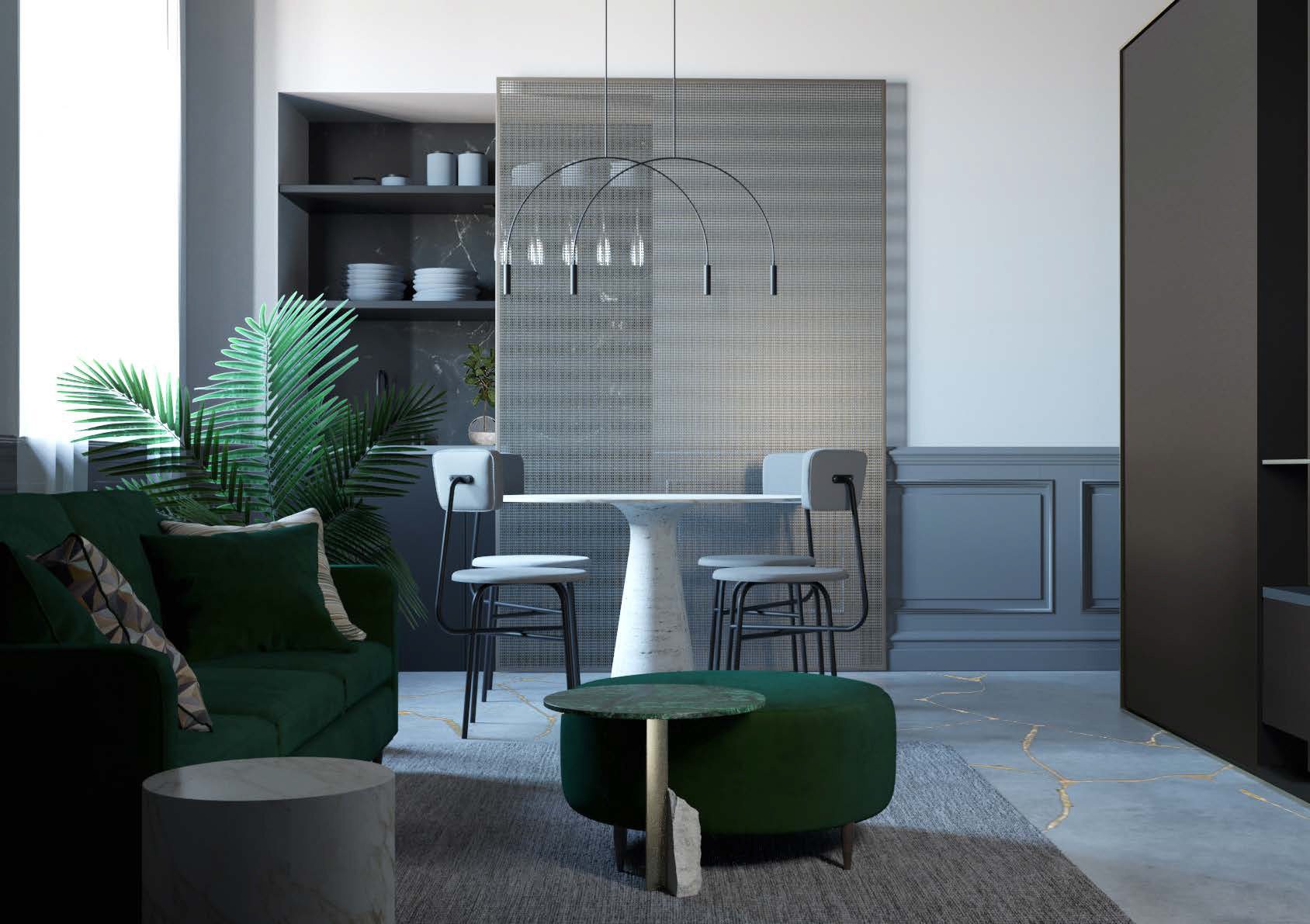
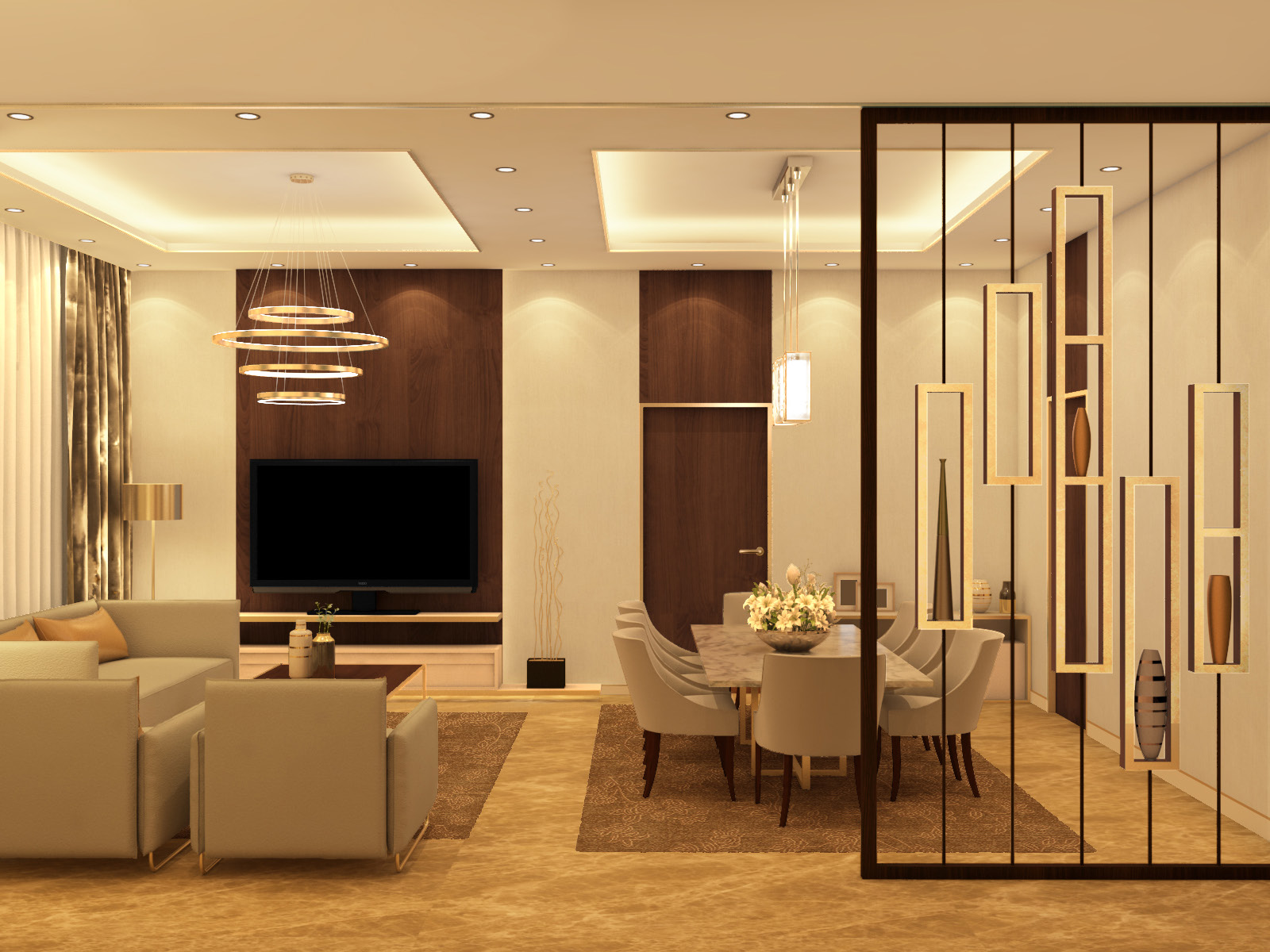
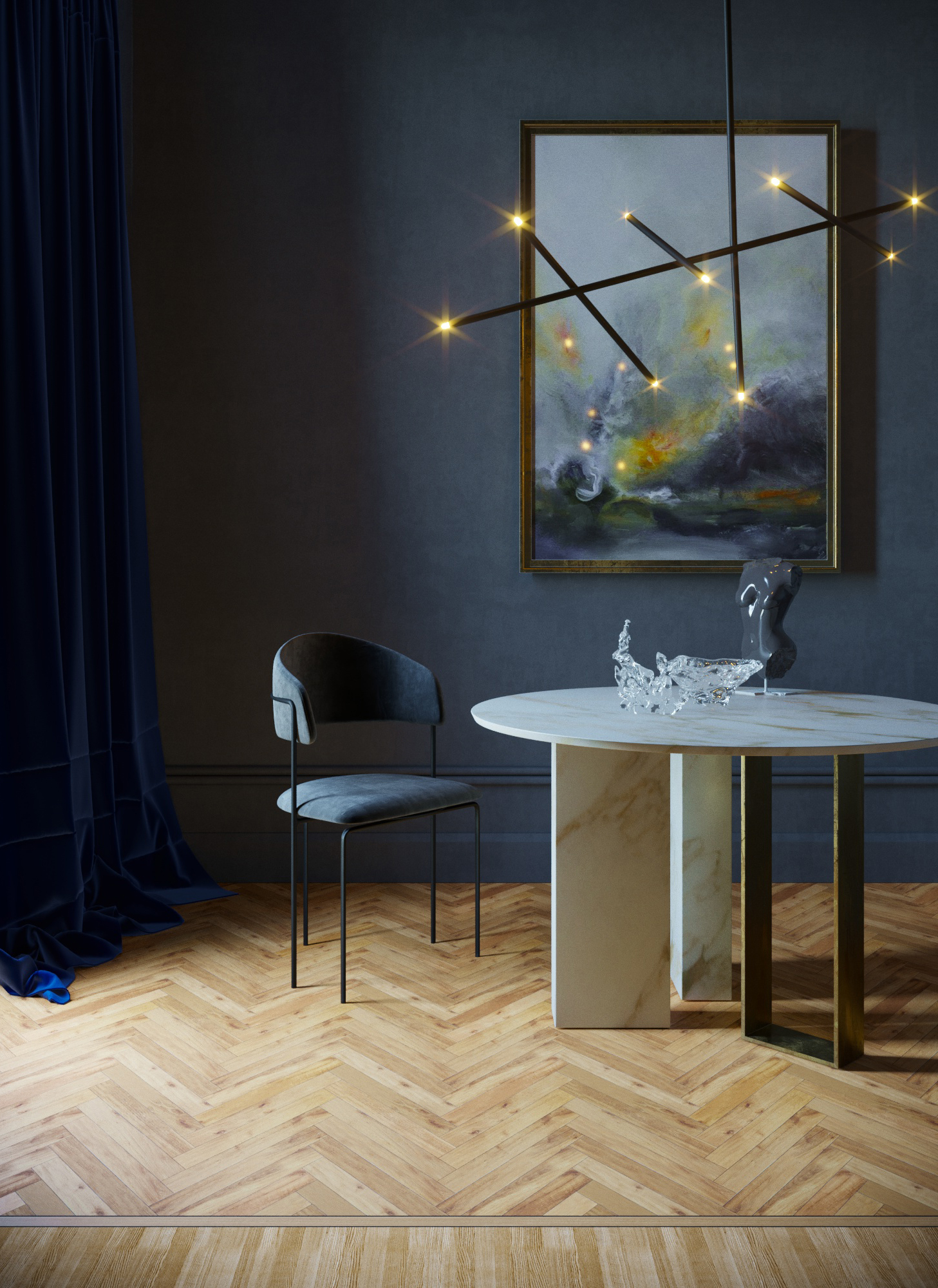
What opinion have you been made on smart working and what could be a virtuous dialectic between home and office?
The interaction and exchange of opinions and ideas between team members are essential for the work process and are obviously benefited by physical presence. Nonetheless, smart working can prove to be useful and even better than working in the office when processing and structuring the inputs received. In this working context, the transformation of the real estate market and of the hotel offer can help to find the balance between work and home.
This article was written for 221 Realestate Magazine. The Original Text can be found on the following link on page 18: https://issuu.com/221realestate/docs/221_magazine-28-09-20?fr=sYWM3OTIwMTA5NzY

